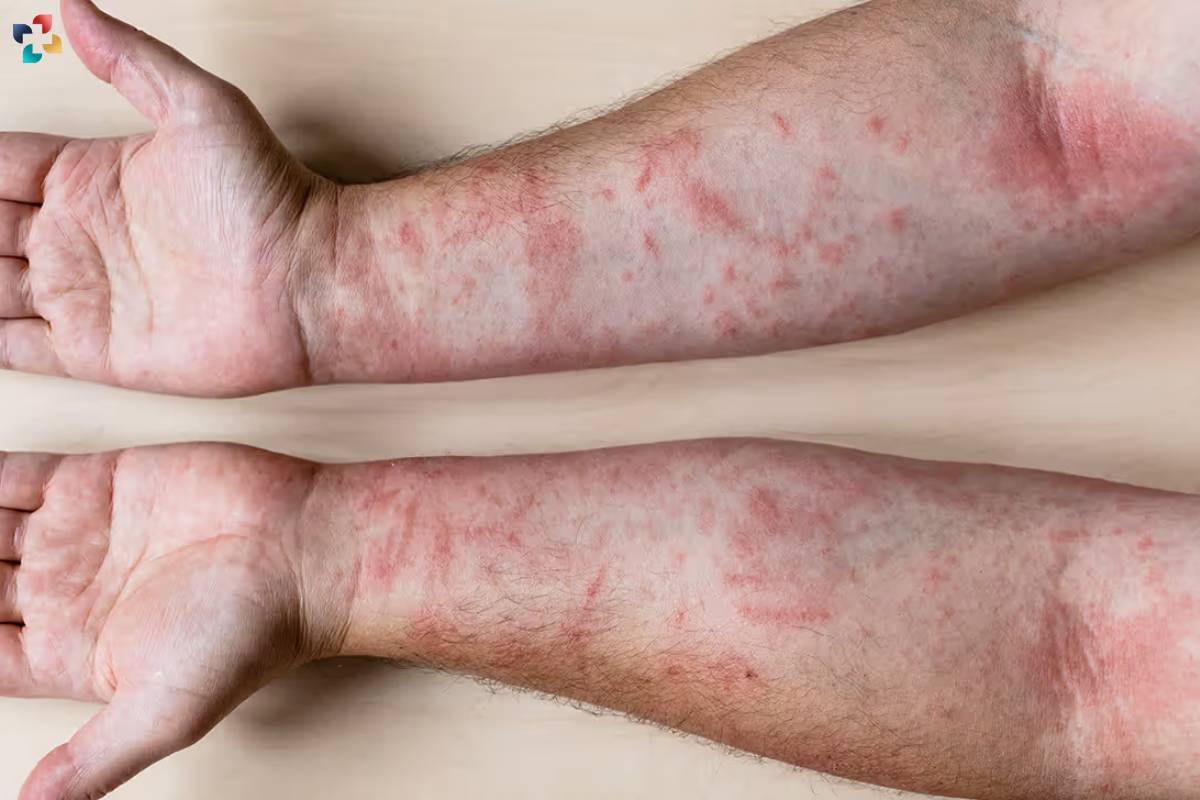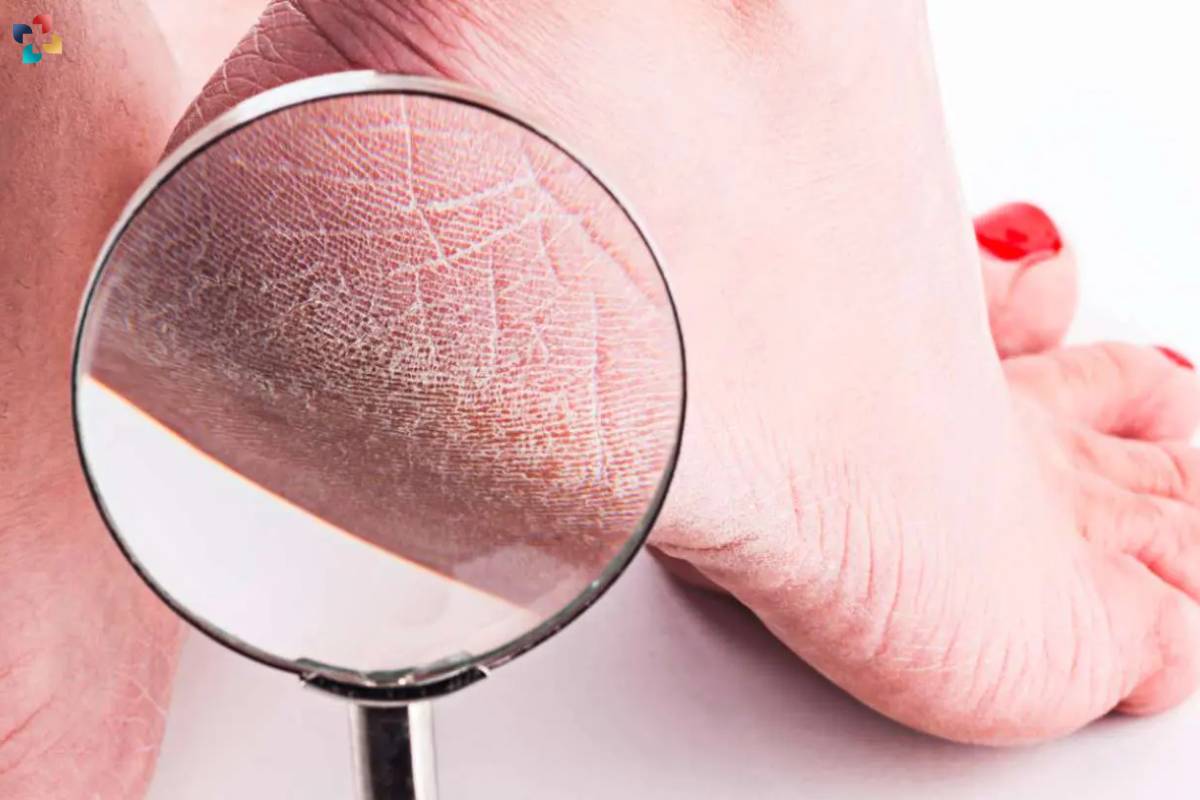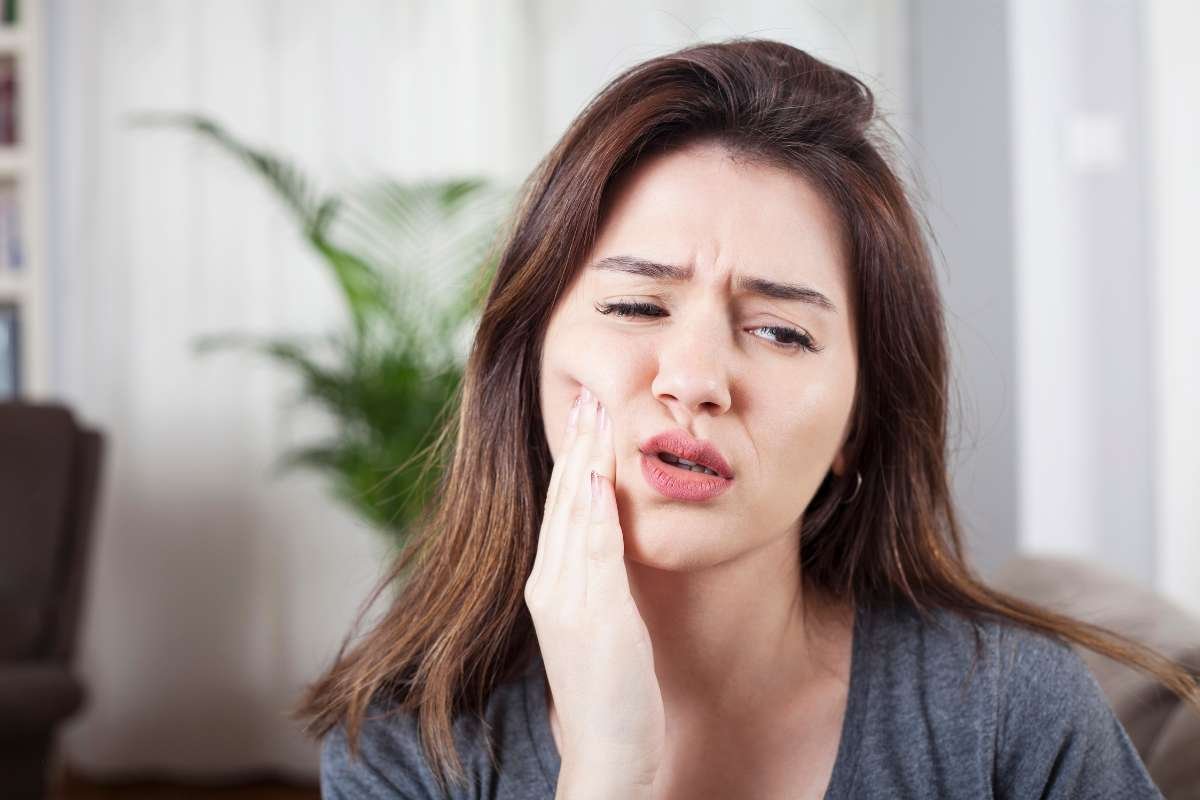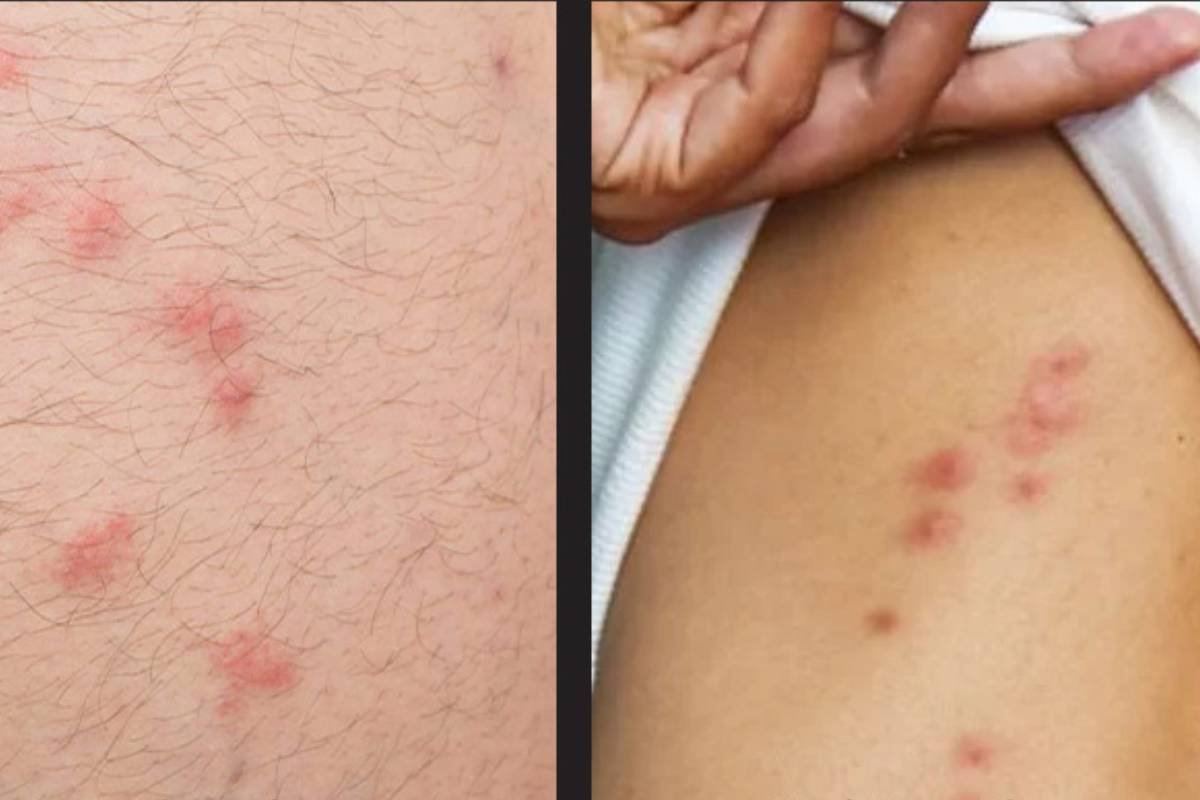Source-Vaseline
Peeling feet can be both an uncomfortable and concerning issue. This common condition can affect people of all ages and can result from a variety of causes. In this comprehensive guide, we will explore the reasons behind peeling feet, discuss effective treatments, and provide preventive measures to help you maintain healthy, smooth feet.
What Causes Peeling Feet?
Peeling feet can occur for several reasons, ranging from environmental factors to medical conditions. Here are some of the most common causes:
1. Dry Skin
One of the primary reasons for peeling feet is dry skin. The feet are often exposed to harsh conditions, such as cold weather, low humidity, and indoor heating, which can strip away moisture from the skin. When the skin on your feet becomes excessively dry, it can start to crack and peel.
2. Athlete’s Foot
Athlete’s foot is a fungal infection that affects the skin on the feet, particularly between the toes. This condition can cause itching, burning, and peeling feet. It is often contracted in damp environments like locker rooms, showers, and swimming pools.
3. Eczema
Eczema, also known as atopic dermatitis, is a chronic skin condition that can cause peeling feet. People with eczema may experience dry, itchy, and inflamed skin that can lead to peeling. The condition can be triggered by allergens, irritants, or stress.
4. Psoriasis
Psoriasis is an autoimmune disorder that causes the rapid buildup of skin cells, leading to scaling and peeling. When psoriasis affects the feet, it can result in painful, peeling skin that requires medical attention.
5. Hyperhidrosis
Hyperhidrosis is a condition characterized by excessive sweating. When the feet sweat excessively, the constant moisture can break down the skin, leading to peeling feet. This condition can also increase the risk of fungal infections.
6. Contact Dermatitis

Contact dermatitis occurs when the skin reacts to an irritant or allergen. This reaction can cause redness, itching, and peeling feet. Common irritants include soaps, detergents, and certain fabrics.
7. Nutritional Deficiencies
A lack of essential nutrients, such as vitamins and minerals, can affect skin health. Deficiencies in vitamin B, vitamin E, and essential fatty acids can lead to dry, peeling feet.
8. Sunburn
Prolonged exposure to the sun can cause sunburn on the feet, leading to redness, blistering, and peeling skin. Sunburn can be particularly painful and damaging to the delicate skin on the feet.
Effective Treatments for Peeling Feet
Once you identify the cause of your peeling feet, you can choose an appropriate treatment. Here are some effective treatments to help alleviate the condition:
1. Moisturizing
For peeling feet caused by dry skin, moisturizing is key. Use a thick, emollient-rich moisturizer to hydrate the skin. Look for products containing ingredients like urea, glycerin, and shea butter. Apply the moisturizer after bathing and before bed to lock in moisture.
2. Antifungal Treatments
If peeling feet are due to a fungal infection like athlete’s foot, antifungal treatments are necessary. Over-the-counter antifungal creams, sprays, or powders can help eliminate the infection. In severe cases, your doctor may prescribe oral antifungal medications.
3. Topical Steroids
For eczema or psoriasis-related peeling feet, topical steroids can reduce inflammation and itching. These medications should be used under the guidance of a healthcare provider to avoid potential side effects.
4. Exfoliation
Gentle exfoliation can help remove dead skin cells and promote healthier skin. Use a pumice stone or foot scrub to gently exfoliate the peeling skin. Avoid aggressive scrubbing, as it can worsen the condition.
5. Hydrocortisone Cream
Hydrocortisone cream can relieve itching and inflammation caused by contact dermatitis. Apply the cream to the affected areas as directed by your healthcare provider.
6. Soothing Soaks
Soaking your feet in lukewarm water with added Epsom salts or oatmeal can soothe irritated skin and reduce peeling. Follow up with a moisturizer to keep the skin hydrated.
7. Antiperspirants

For hyperhidrosis, using an antiperspirant on your feet can help control excessive sweating. Look for antiperspirants specifically designed for feet.
8. Sun Protection
To prevent sunburn-related peeling feet, always apply sunscreen to your feet when exposed to the sun. Use a broad-spectrum sunscreen with an SPF of 30 or higher and reapply as needed.
Preventive Measures for Peeling Feet:
Preventing peeling feet involves maintaining proper foot care and avoiding potential triggers. Here are some preventive measures to keep your feet healthy:
1. Maintain Good Hygiene
Keeping your feet clean and dry is essential in preventing peeling feet. Wash your feet daily with mild soap and water, and thoroughly dry them, especially between the toes.
2. Moisturize Regularly
Apply a moisturizer to your feet daily to keep the skin hydrated. Pay special attention to areas prone to dryness, such as the heels and soles.
3. Wear Proper Footwear

The Best Natural Remedies for Neuropathy
Even though there are medical therapies for neuropathy, many people look for natural solutions to reduce symptoms and improve their general health. We examine the effectiveness and potential advantages of the top natural remedies for neuropathy in this in-depth guide.
Choose shoes that fit well and provide adequate support. Avoid tight or ill-fitting shoes that can cause friction and lead to peeling feet. Opt for breathable materials that allow air circulation to keep your feet dry.
4. Use Antifungal Powder
If you are prone to fungal infections, use an antifungal powder in your shoes and on your feet to prevent athlete’s foot.
5. Avoid Prolonged Exposure to Moisture
Keep your feet dry by changing socks regularly and avoiding prolonged exposure to damp environments. Wear moisture-wicking socks to keep your feet dry.
6. Protect Your Feet from the Sun
Apply sunscreen to your feet when spending time outdoors to prevent sunburn. Wear protective footwear, such as sandals with a covered top, to shield your feet from direct sunlight.
7. Monitor Your Diet

Ensure your diet includes essential nutrients that promote skin health. Incorporate foods rich in vitamins B and E, as well as healthy fats, to prevent nutritional deficiencies that can lead to peeling feet.
8. Manage Stress
Stress can exacerbate skin conditions like eczema and psoriasis. Practice stress-management techniques such as meditation, yoga, or deep breathing exercises to keep stress levels in check.
When to See a Doctor?
While peeling feet can often be managed with home care, there are times when you should seek medical attention. Consult a healthcare provider if you experience:
- Severe pain or discomfort
- Signs of infection, such as redness, swelling, or pus
- Persistent peeling that does not improve with home treatment
- Underlying health conditions that may contribute to peeling feet
Your doctor can help determine the underlying cause of your peeling feet and recommend appropriate treatments.
Conclusion
Peeling feet can be an uncomfortable and sometimes embarrassing condition, but understanding its causes and treatments can help you manage it effectively. By following preventive measures and maintaining proper foot care, you can keep your feet healthy and free from peeling. If you experience persistent or severe symptoms, don’t hesitate to seek medical advice to ensure proper diagnosis and treatment. Remember, taking good care of your feet is essential for overall health and well-being.







